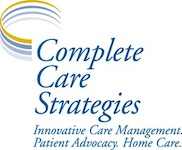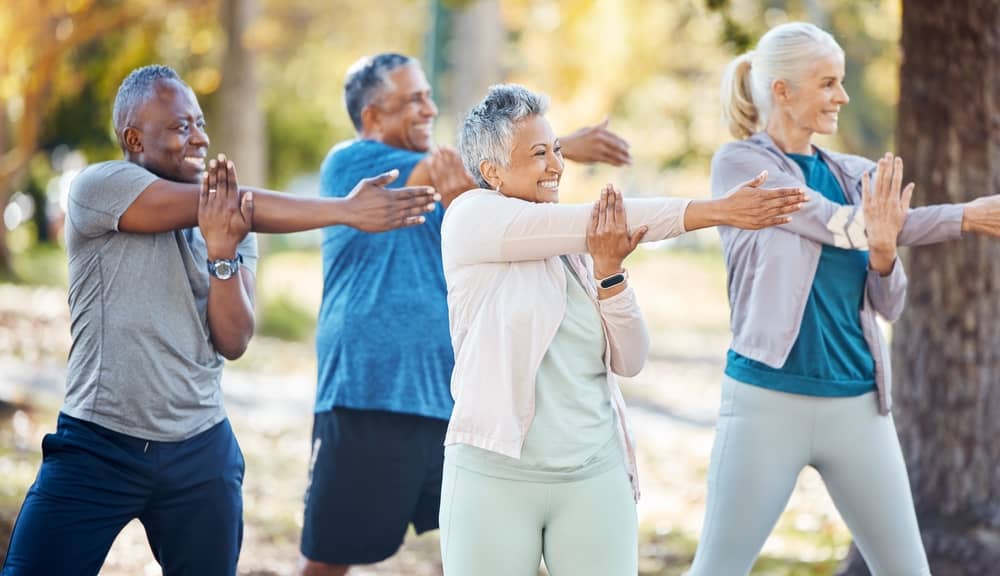As we age, cognitive decline becomes a growing concern. Many seniors worry about memory loss and ultimately developing dementia or Alzheimer’s disease. The good news is staying physically and socially active can significantly reduce your risks!
As an Aging Life Care Manager, I work with seniors daily to support brain health and prevent decline. Here’s how staying active really makes a difference:
Exercise Boosts Brain Connectivity
Aerobic exercise, like walking, pickleball, or swimming, boosts the connectivity of our brains. More connections mean better blood flow, oxygenation, stimulation, and growth of brain cells. Just 30 minutes a day can lead to better memory and information processing.
Social Interaction Strengthens Cognitive Reserve
Social isolation and loneliness put our brains at risk. With less stimulation, we form fewer neural pathways. Staying engaged with friends and family means our brains stay challenged.
New Experiences Continue Neural Development
As the saying goes, “Use it or lose it” when it comes to our mental capacity. Trying new activities creates new brain cell connections, increasing cognitive reserve. Enjoying the arts, joining community groups, taking classes, traveling, and even using your non-dominate hand to brush your teeth or eat will all help promote a healthy brain.
By incorporating physical exercise, social interaction, and new experiences into a senior’s lifestyle, we can drastically cut their risk of dementia and cognitive impairment. Contact Complete Care Strategies at 610-265-4300 to learn more about our services to support healthy aging.
About the Author
As CEO of Complete Care Strategies, Rebecca Roskey-Brunner leverages over 20 years of experience as a Registered Nurse and Certified Care Manager to serve clients with special needs, the medically complex, and older adults facing health challenges to improve their quality of life. As an Aging Life Care Professional, Rebecca brings deep expertise in individualized care planning, dementia care, care coordination, and crisis prevention for vulnerable seniors.

